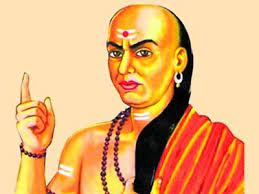The history of management can be traced back to ancient civilizations, but modern management theories and practices emerged in the late 19th and early 20th centuries. Here are some key milestones:
Arya Chanakya is known as the First Guru of Management.
1. Scientific Management (late 19th century): Frederick Taylor pioneered this approach, focusing on optimizing work processes through scientific methods and emphasizing efficiency.
2. Administrative Management (early 20th century): Henri Fayol proposed principles of management, including division of work, unity of command, and centralization, emphasizing the administrative aspects of organizations.
3. Bureaucratic Management (early 20th century): Max Weber introduced the concept of bureaucratic organizations, emphasizing clear hierarchical structures, formal rules, and impersonal relationships.

4. Human Relations Movement (1930s-1950s): Elton Mayo and others emphasized the importance of social and psychological factors in the workplace, highlighting the impact of employee satisfaction and motivation on productivity.
5. Management Science (mid-20th century): This approach used mathematical models and quantitative techniques to aid decision-making, optimizing operations, and resource allocation.
6. Systems Theory (mid-20th century): Management began to be seen as a complex system with interconnected parts, leading to a holistic perspective and consideration of the organization's environment.
7. Total Quality Management (TQM) (1980s-1990s): Focused on continuous improvement, customer satisfaction, and involvement of all employees in quality assurance.
8. Contemporary Approaches (21st century): These include strategic management, knowledge management, and agile methodologies, adapting to the rapidly changing business landscape.
Management theories and practices continue to evolve, incorporating new technologies, diverse workforce dynamics, and global business trends.



